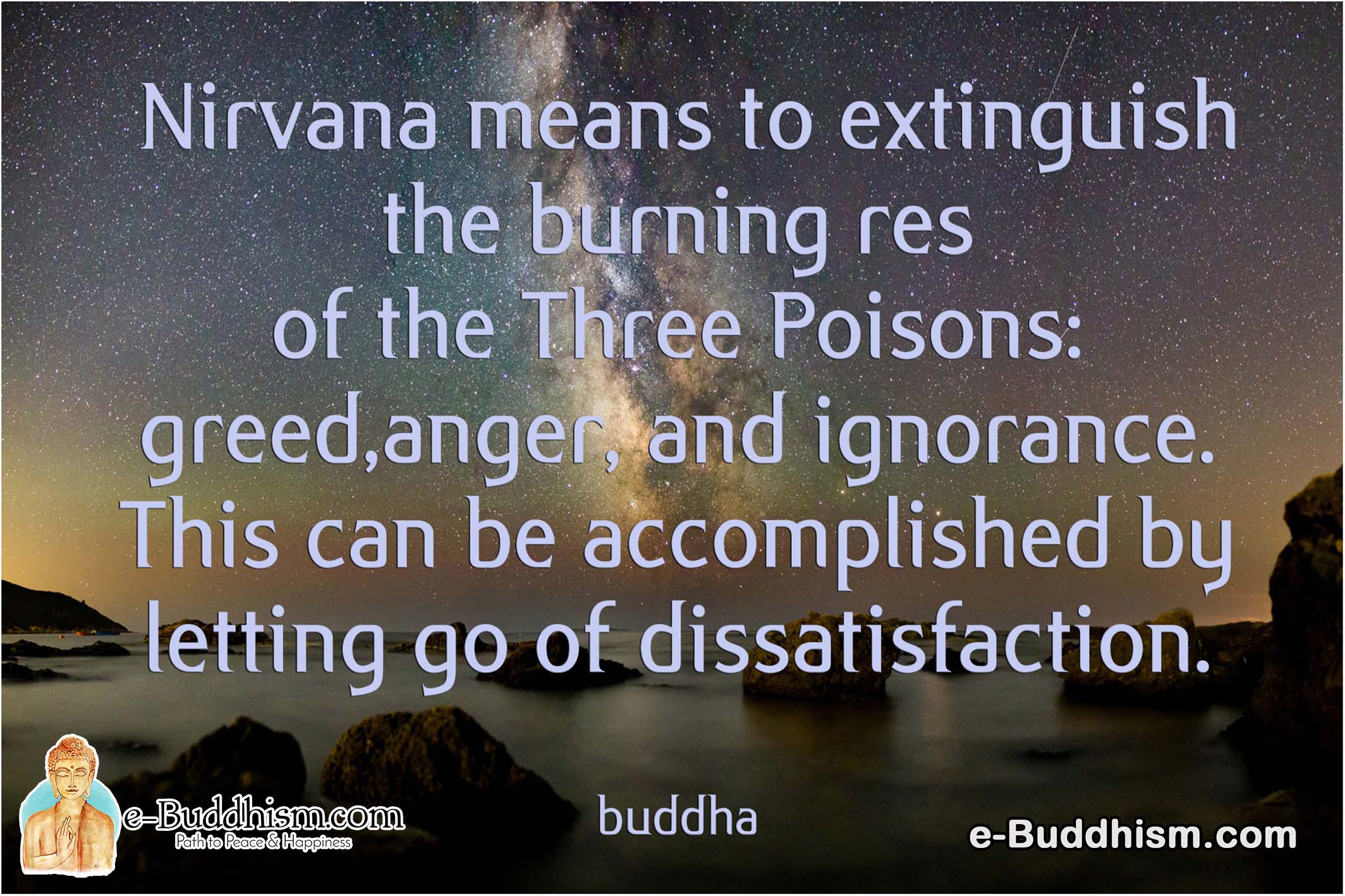Nirvana is a concept in Buddhism that refers to the ultimate state of enlightenment and peace. It is said to be the highest form of spiritual liberation, where one is free from all suffering, desires, and attachments. In order to reach this state, one must be able to let go of their attachment to the material world and to their own ego. This is done by extinguishing the burning rest of the three poisons: greed, anger and ignorance.
Greed refers to an excessive desire for material possessions, power, or status. It can lead us to act in ways that are unkind and selfish, and it can prevent us from appreciating the things we already have.
Anger is an emotional response to perceived threats or frustrations. It can lead to outbursts of violence and can prevent us from seeing things from an objective perspective.
Ignorance is a lack of knowledge or understanding. It can lead us to make decisions that are not in our best interests, and it can prevent us from seeing the truth of a situation.
By letting go of these three poisons, we can free ourselves from the cycle of suffering and dissatisfaction that they create. We can focus instead on the things that bring us joy and peace, such as kindness, compassion, and contentment. This is the path to nirvana, and it is a journey that we can all take.

